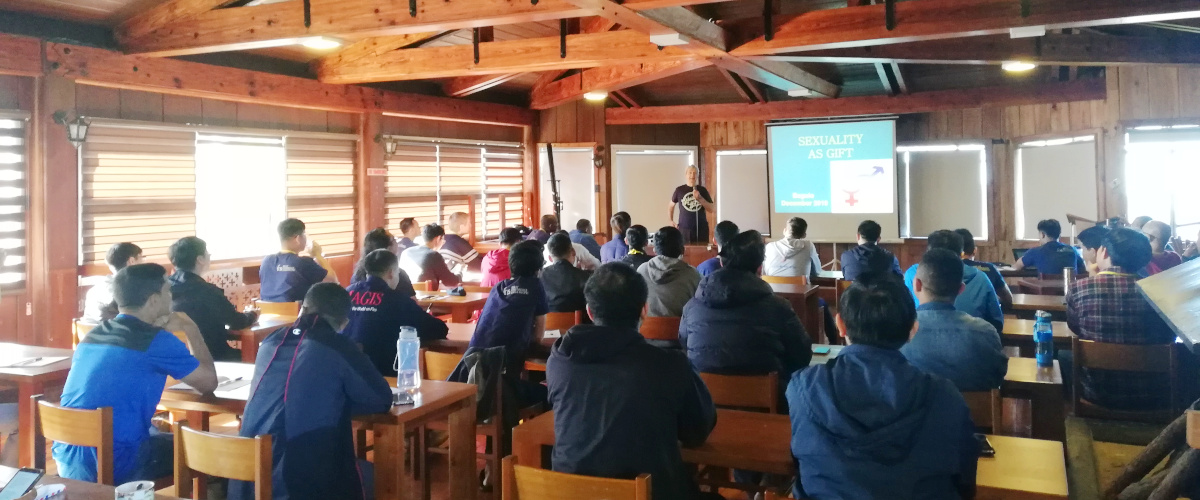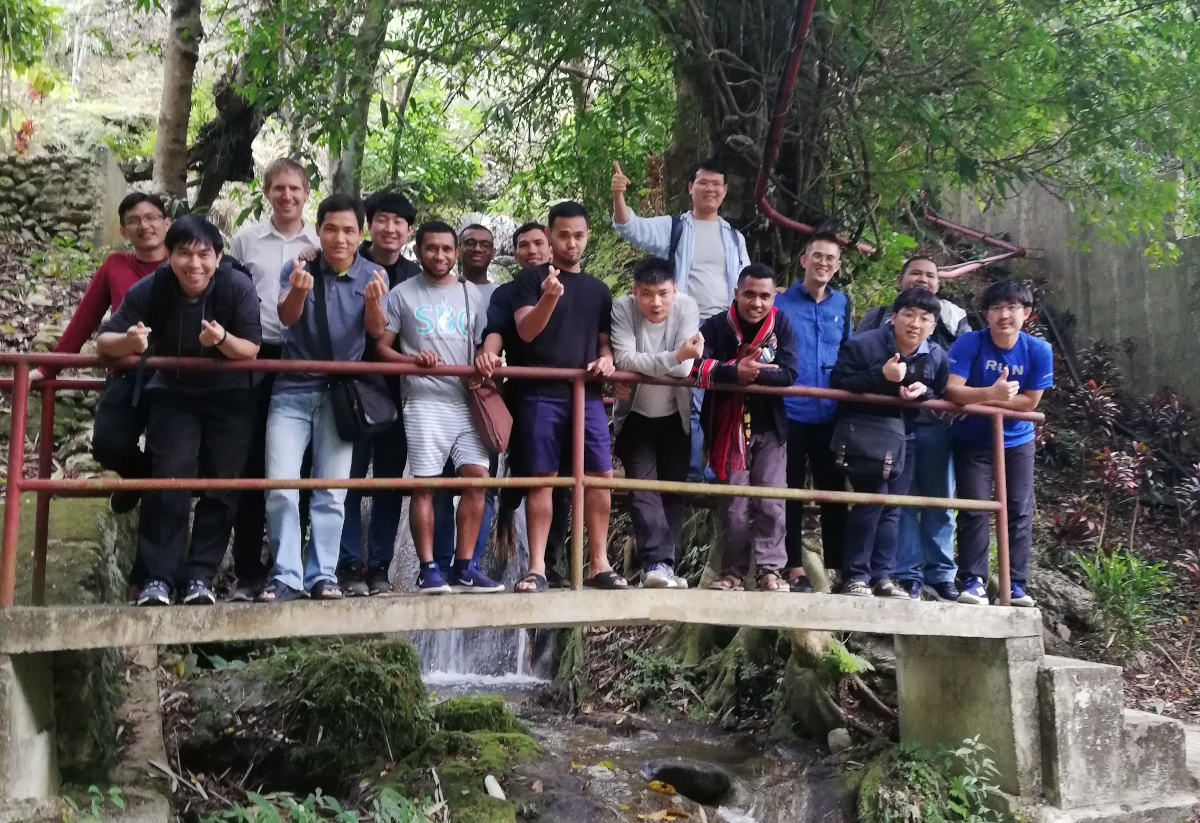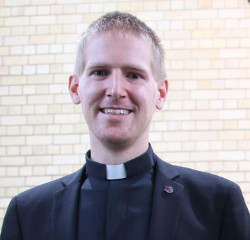
After this day of building friendships and learning about Filipino culture, the workshop proper began with two days of presentations on sexuality and sexual development by Fr Roger Champoux SJ, a psychologist and experienced formator. He began with an honest discussion of the many negative views of sexuality that have been expressed over the history of Christianity, even by doctors of the church. He pointed out that the church has been far from alone in this negativity, usually presenting views of sexuality that strongly reflect those present in the wider society. After Fr Roger’s initial presentation, the scholastics divided into small groups to discuss attitudes towards sexuality, and whether sexuality can be openly discussed, in their various home countries. With some slight variations, participants noted a taboo against the discussion of sexuality in most countries, and significant exclusion of people whose sexuality does not match social expectations, especially in rural areas.
The second major stream of Fr Roger’s presentation looked at how a person’s sexual identity develops over their lifetime. More than just an orientation, sexual identity includes the feeling of being a man or a woman, and what it means to be such. These gender roles have some biological contribution, but also much that is highly culturally determined. Fr Roger also talked about the psychological effects of sexual abuse, which form one of the reasons why sexual abuse is getting so much more attention than other forms of abuse at the moment. The seriousness of these effects has only recently been recognised in the psychological as well as the wider community.
After two days on this serious topic, we were ready for a break, which came in the form of a New Year’s Eve party. With rapping, rousing renditions of Feliz Navidadand much pleasant conversation, we welcomed the approach of 2020. Some foreigners bravely tried balut(fertilised duck egg) for the first time.
New Year’s Day provided an opportunity to rest and to explore Baguio. One group visited the cathedral and the shopping areas of the city, while another wandered to nearby Dominican Hill to see the former community turned hotel, now largely in ruins.

Dr Dy-Liacco also discussed the document Like a Loving Mother, Pope Francis’ motu proprioletter on the response to and prevention of child abuse. He challenged us as members of the church: if we have been able to give Laudato si’’ the attention it so richly deserves, why is this letter on a similarly pressing topic so little known?
At the heart of Dr Dy-Liacco’s presentation was a film that let us hear from survivors themselves: Deliver Us From Evil. This confronting film presents the moving testimony of several people abused by a priest and even of the (now laicised) priest himself, who seemed to know that he had done something wrong but had not grasped its gravity or take any responsibility for his actions. Hearing firsthand about the reality of abuse and its consequences was sobering, and led participants to deep prayer and reflection, seeking grace to fulfill our own roles in preventing abuse. After some discussion of our own responses to the film, Dr Dy-Liacco introduced us to some risk factors that make abuse more likely, and warning signs to watch out for in those we live and work with.
To help build the community spirit in the midst of such heavy material in the workshop, we gathered on the penultimate evening for a night of cultural performances. We enjoyed songs, music and dances–several including audience participation–from across the Asia Pacific region, and marvelled at the talents and versatility of our fellow scholastics.
I believe we all recognise that this workshop was only a beginning in what must be a continual effort to prevent child abuse and respond appropriately when it does occur. Just as important as the specific material are the friendships we built at the workshop. Sharing knowledge and supporting each other are important features of all parts of our shared mission as Jesuits, and the mission of protecting children–a mission all Christians have received from Jesus himself–is no exception.







